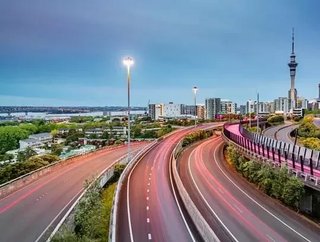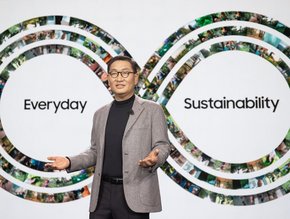Smart transport systems could be worth $1.5bn to New Zealand every year

The likes of driverless vehicles and drones could help add $1.5bn a year to New Zealand’s economy, new research has found.
According to Business NZ’s Unlocking Commercial Opportunities of Intelligent Transport Systems (ITS) report, greater collaboration between business and government will be key to realising this potential.
Data sharing greater R&D, the upskilling of regulators, and aligning education and skills training with our future needs are also recommended.
See also:
- The future of transport? NZ tests Cora, the world’s first self-flying electric car
- Sustainable transport systems: Australia’s big five cities lag behind global benchmark
- Read the March edition of ANZ Business Chief magazine
Chair of the Intelligent Transport Systems Advisory Group David Prentice said: “We want to grow business out of providing solutions to global problems – there is growing demand worldwide to solve problems such as congestion and emissions which intelligent transport systems can help address.
“Intelligent transport systems have the potential to significantly improve traffic flows, reduce road congestion, increase logistics productivity, lower transport emissions and improve the safety and efficiency of personal travel.”
A new Future Technology Leadership Group has been established to drive the collaboration recommended by Business NZ.
Transport Minister Phil Twyford announced the private and public sector members of the leadership group which will develop the 10-year Land Transport Technology Roadmap.
He said: “New Zealand is seen as a world leader in ITS. This group will bring together the best domestic knowledge, as well as international expertise.
“The Business NZ report focused on three areas – drones, smart logistics and autonomous self-driving vehicles – and found New Zealand has a good regulatory and business environment to benefit from ITS.”
Participants include Vodafone, KiwiRail, Westpac, CISCO, Toyota, Google, Uber and Fulton Hogan, alongside several governmental bodies.






